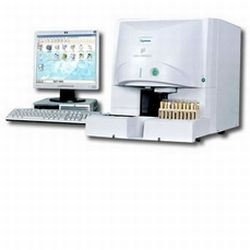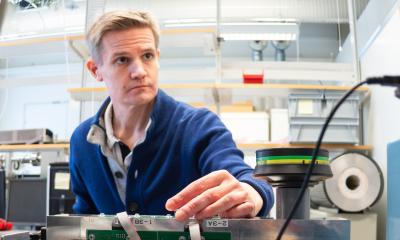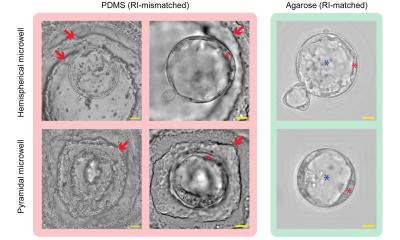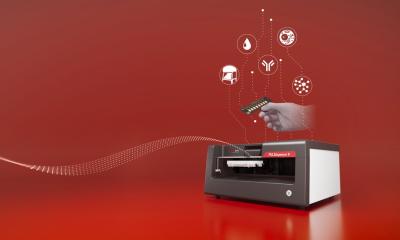Automation platforms to detect dangerous infections
bioMérieux developed three new microbiology laboratory automation platforms: Two new lab automatic tools and the the UF-1000i, a urinary screening tool to accurately detect and enumerate the bacteria and particles presented in urine specimens.

Full microbiology laboratory automation is imperative to streamlining operations, making more reliable results available faster, particularly in light of the growing threat of healthcare-associated infections. Enhanced automation offsets an increasing lack of specialized personnel, contributing to the control of healthcare expenditures.
The new suite of “Full Microbiology Laboratory Automation” solutions includes three new microbiology laboratory automation platforms at ASM. bioMerieux’s PREVI Isola™, a pre-poured media streaker designed to automate routine agar plate processing; the PREVI™ Color Gram, bringing automation to a new lab procedure with its unique staining technology; and the UF-1000i, a urinary screening tool that allows laboratory technicians to accurately detect and enumerate the bacteria and particles present in urine specimens.
“bioMérieux is leveraging its expertise in infectious diseases and the integration of innovative technologies to ‘deliver the future’ to the microbiology laboratory,” said Stéphane Bancel, Chief Executive Officer, bioMérieux. “Driving full microbiology lab automation is bioMérieux’s number one priority, recognizing the promise it brings to this industry as the role of the microbiologist becomes increasingly important – for patient care and food safety. bioMérieux is proud to be at the forefront of this movement.”
According to the Centers for Disease Control and Prevention (CDC), in American hospitals alone, healthcare-associated infections (HAIs) account for an estimated 1.7 million infections, and more than 70 percent of HAIs are resistant to at least one antibiotic. Therefore there is a need of automated laboratories in reducing medication errors and delivering faster results to clinicians.
14.08.2008





